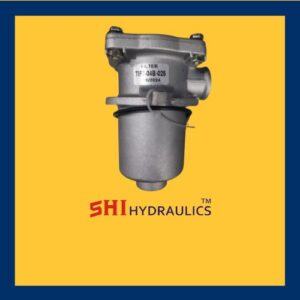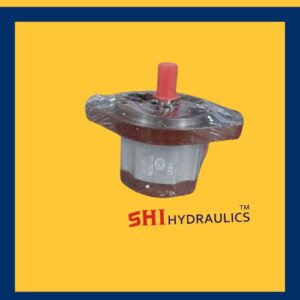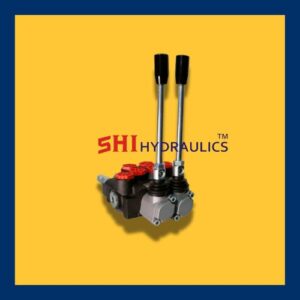D.C.Power Pack
D.C Power Pack
refers to a device or system that supplies direct current (DC) electricity to power various electronic and mechanical systems. It plays a crucial role in numerous applications, from small-scale electronics to industrial operations. This document explores the functionality, components, applications, and benefits of D.C. power packs in detail.
D.C. Power Pack is a self-contained unit that provides a steady source of DC power. Unlike alternating current (AC), which periodically reverses direction, D.C flows in a single, constant direction. Many modern electronic devices and systems rely on D.C .power for efficient and stable operation. D.C. Power Pack can range in size and capability, from portable units for mobile devices to larger systems designed for industrial equipment.
The typical components of a D.C. Power
- Power Source: This can be a rechargeable battery, solar panel, or a rectified AC source.
- Voltage Regulator: Ensures a consistent and stable voltage output, preventing fluctuations that might damage connected devices.
- Control Circuitry: Includes on/off switches, circuit breakers, and overcurrent protection mechanisms.
- Output Terminals or Ports: Connect to the devices that require power.
- Indicators: LEDs or displays that show the status, such as charge level or operational state.
- Cooling Mechanisms: Fans or heat sinks to dissipate excess heat in high-capacity units.
Applications
D.C Power Packs are highly versatile and are used in various domains:
- Consumer Electronics:
- Portable chargers and power banks for smartphones, tablets, and laptops.
- Backup power supplies for small appliances.
- Industrial Applications:
- Operating DC motors, solenoids, and actuators in manufacturing.
- Providing power for control panels and programmable logic controllers (PLCs).
- Transportation:
- Powering electric vehicles (EVs) and hybrid systems.
- Supporting railway systems and model train setups.
- Renewable Energy Systems:
- Storing and distributing power from solar panels and wind turbines.
- Backup systems for off-grid and remote locations.
- Emergency and Outdoor Use:
- Powering medical devices, communication equipment, and lighting during emergencies.
- Supplying energy for camping, expeditions, and other outdoor activities.
- Research and Development:
- Used in laboratories for testing circuits, sensors, and other electronic components.
Advantages
The use of Power Packs offers several benefits:
- Portability: Many models are compact and lightweight, making them ideal for mobile applications.
- Energy Efficiency: DC systems generally have fewer losses compared to AC, especially in low-voltage applications.
- Stability: Constant voltage ensures the safe operation of sensitive electronics.
- Versatility: Available in various configurations to meet diverse power requirements.
- Reliability: High-quality D.C. Power Packs come with built-in protections against overcharging, short circuits, and overheating.
Challenges
Despite their benefits, D.C. Power Packs face some limitations:
- Cost: High-capacity units can be expensive, especially those incorporating advanced features.
- Battery Lifespan: Rechargeable models have limited charge cycles, necessitating replacements over time.
- Heat Generation: High-power units may require efficient cooling systems to prevent overheating.
- Limited Power Range: They might not be suitable for applications requiring very high voltages or currents without specialized configurations.
Future Trends
The development of D.C. Power Packs continues to evolve, driven by advances in technology:
- Improved Energy Storage: Innovations in battery technology, such as solid-state batteries, promise higher capacities and longer lifespans.
- Integration with IoT: Smart power packs with monitoring and remote control capabilities are becoming more common.
- Sustainability: Greater emphasis on renewable energy integration and eco-friendly materials.
- Miniaturization: Advances in electronics are leading to smaller, more efficient units without compromising performance.
Conclusion
D.C. Power Packs are indispensable in modern technology, offering reliable and efficient power solutions across diverse applications. As innovation continues to push boundaries, their role is set to expand even further, supporting emerging technologies and sustainable energy systems. Whether for personal use, industrial applications, or renewable energy systems,
₹18,000.00
Related Products
Related products
Customer Reviews
“A review from a customer who benefited from your product. Reviews can be a highly effective way of establishing credibility and increasing your company's reputation.”
Customer Name
“A review from a customer who benefited from your product. Reviews can be a highly effective way of establishing credibility and increasing your company's reputation.”
Customer Name









